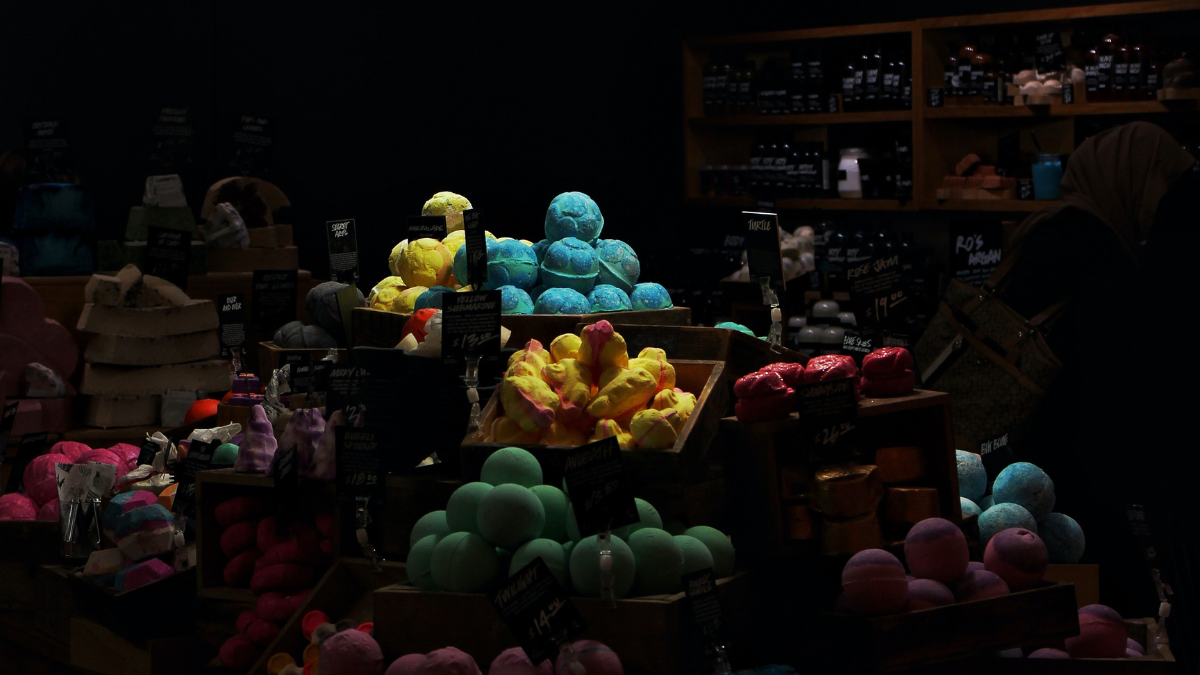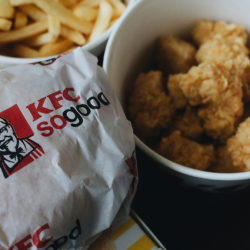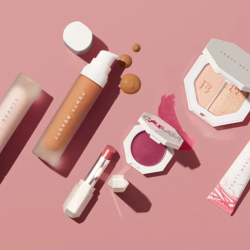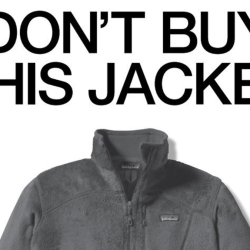In our post-truth world, where ‘alternative facts’ can be used to replace actual facts and feelings seem to have more sway than actual evidence, brands have an increasingly critical role to play.
In the latest Edelman Trust Barometer it was revealed that brands are still more trusted by the public than governments, but younger consumers are more cynical and distrustful of big business, with just 53% of Gen Zers saying brands came across as authentic, compared with 61% of millennials, according to a Salesforce survey.
To shore up consumer trust, brands have been using the tactic of radical transparency, where they openly admit their mistakes in a bid to show themselves as truthful and authentic, thus winning public confidence. An example of this is Ace & Tate’s blog confessing to its failings on sustainability, entitled ‘Look, we f*cked up‘. A brand holding itself to account in this way, and enabling consumers to make an educated decision on whether they want to continue to support it, is laudable.
But, in the brand world, radical transparency isn’t always what it seems, and some companies have used the veneer of honesty and transparency to mask other issues. Everlane, for example, has long promoted ‘radical transparency’ as a core principle, yet during the pandemic the fashion giant was accused by employees of racism in the workplace. Meanwhile, Oatly, the vegan milk brand which prides itself on transparency and sustainability, faced a backlash after its decision to sell a stake to a consortium that includes Blackstone, a private equity firm headed by Trump donor Stephen Schwartzman. Oatly has also been judged by the ASA to have made misleading environmental claims in its ad campaigns.
While radical transparency in itself doesn’t damage consumer trust, the act of ‘coming clean’ to win the hearts of customers without any intention or evidence of continued work does
To actually build consumer trust, brands must stay true to their values in the long term, like sustainable beauty company Lush, who has consistently presented itself as an activist brand, using its platform to raise awareness on a range of issues.
Most recently, Lush stopped using social media in protest at big tech, saying it won’t return until Facebook, Instagram, TikTok and Snapchat take action to provide a safer environment for users. Even though its activism has caused controversy in the past, the brand’s consistency shows that it takes the issues it champions seriously and isn’t just hopping on a bandwagon.
However, few companies are without failings when it comes to trust and transparency. Even Lush, which prides itself on its ethical supply chain and working conditions, faced claims from workers at its Australian factory that they suffered physical injuries due to allegedly poor working conditions.
Meanwhile, Nike, a brand renowned for taking a positive stand and operating from its core values, was accused of racism by Black employees in 2020 and has also been the subject of a gender discrimination lawsuit that alleged a culture of sexism, bullying and fear of retaliation.
Of course, no one person or brand is perfect, and we must allow room for businesses to make mistakes, learn and grow. But for brands to secure the full trust of consumers, they must ensure that all aspects of their business operations are consistent with their external messaging, and true to their brand values. Consumers don’t expect miracles, but they do require companies to back up their claims and practise what they preach. The opportunity to make a positive impact has never been greater for brands, they just need to live up to the trust that consumers and employees place in them.
Featured image: Lush, Justin Lim / Unsplash


































